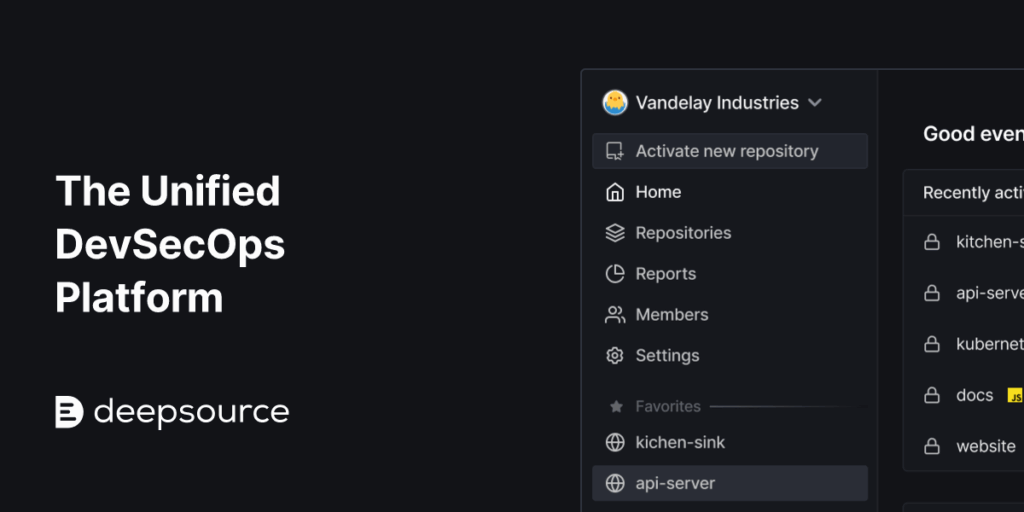DeepSource Launches Autonomous AI Agents to Combat Rising Cybersecurity Threats
A recent report highlights the staggering $10.5 trillion cost of cybercrime by 2025, prompting DeepSource to introduce AI-driven security agents to address vulnerabilities.
According to a recent report, the global cost of cybercrime is projected to reach a staggering $10.5 trillion by 2025. Despite efforts by organizations and leaders, securing expanding digital infrastructures remains a challenge, especially with cloud and off-prem technologies. Research indicates that breaches often go undetected for an average of 212 days, with an additional 75 days required to contain them, posing significant risks to sensitive data.
DeepSource's AI-Driven Solution
DeepSource, a Y Combinator-backed startup, has unveiled three autonomous AI agents designed to enhance cybersecurity:
1. False-positive Triage Agent
This agent evaluates security issues in code, suppressing invalid alerts based on repository context and real-world threat intelligence.
2. CVE Prioritization Agent
Automatically triages open-source vulnerabilities, reducing the manual workload for AppSec teams.
3. Autofix™ AI Autopilot
Leverages DeepSource's existing Autofix™ AI to autonomously create pull-requests with security fixes, learning from developer behavior.

Key Benefits
- Autonomy: Agents operate 100% autonomously.
- Time Savings: Saves ~5 hours per developer weekly.
- Contextual Understanding: Agents reason based on project context and team goals.
Industry Context
CEO Sanket Saurav emphasized the need for evolved tooling to secure the surge in AI-generated code, noting that 1 in 4 Y Combinator startups rely on AI for 95% of their code. However, nearly half of AI-generated code contains exploitable bugs. DeepSource's co-founder, Jai Pradeesh, clarified that their AI agents are goal-based, leveraging hundreds of signals for autonomous action, with transparent reasoning visible to users.
Open-Source Contribution
In February, DeepSource released Globstar, an open-source project offering cutting-edge code security tools to the AppSec community.
"Real end users will be impacted if companies don’t evolve their tooling to ensure they’re securing this exponentially higher volume of code," warned Saurav.
Related News
AWS extends Bedrock AgentCore Gateway to unify MCP servers for AI agents
AWS announces expanded Amazon Bedrock AgentCore Gateway support for MCP servers, enabling centralized management of AI agent tools across organizations.
CEOs Must Prioritize AI Investment Amid Rapid Change
Forward-thinking CEOs are focusing on AI investment, agile operations, and strategic growth to navigate disruption and lead competitively.
About the Author

Dr. Sarah Chen
AI Research Expert
A seasoned AI expert with 15 years of research experience, formerly worked at Stanford AI Lab for 8 years, specializing in machine learning and natural language processing. Currently serves as technical advisor for multiple AI companies and regularly contributes AI technology analysis articles to authoritative media like MIT Technology Review.